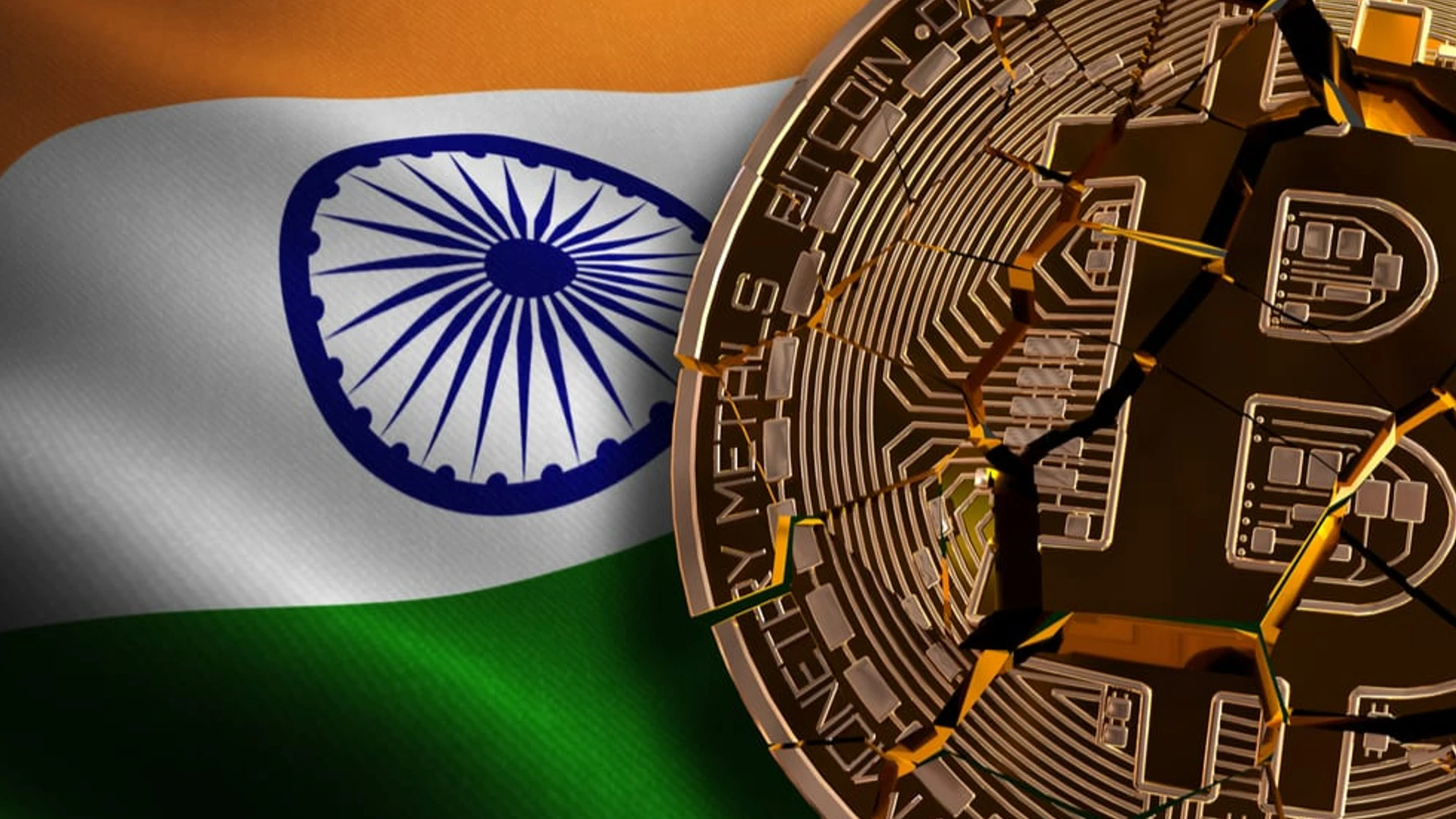With the bill on board, cryptocurrency in India is expected to open the door for CBDC
Cryptocurrency is gaining dominance across the globe and India is no exception. Over the past years since bitcoin reached record price in 2020, the digital tokens went mainstream on the Indian investment portfolio. Smashing the myth that cryptocurrencies are only for tech-savvy people, Indians from all industry verticals started trying their hand on the virtual currency. Although the government has come up with bills earlier, the center has made a strong remark on cryptocurrency in India and its circulation this time around.
A bill would seize control of all cryptocurrencies in India and provide a regulatory framework that allows the Reserve Bank of India to create the official digital currency. The bill would prohibit private cryptocurrencies while only allowing the use of the underlying technology, with few exceptions. Sources indicate that one of the primary reasons for this sudden proposal is the growing concern about the misuse of cryptocurrencies. Moreover, earlier reports suggest that digital tokens lure investors with misleading claims and fund terror activities. Introducing central bank digital currency (CBDC) through this move is expected to open up new opportunities.
Why Did the Government Come Up with a Bill?
Previously, on November 13, Indian Prime Minister Narendra Modi, chaired a meeting to discuss the future of cryptocurrencies. Reports state that it came at the backdrop of heaping reports on unregulated crypto markets that could potentially become avenues for money laundering and terror financing. Besides, the government was also concerned about youths taking the wrong path by relying on their cryptocurrency investment.
During the meeting, PM Modi remarked that the nations should work together to ensure that digital tokens don’t end up in the wrong hands and spoil the youth of the country.
Central Bank Digital Currency (CBDC)
CBDC is a central government-backed cryptocurrency, usually pegged to the fiat currencies of the country. Similar to other digital tokens, CBDC also uses the underlying blockchain mechanism while highly relying on the nation’s official currency. It is also regulated by the nation’s monetary authority or central bank to ensure full acceptance and faith among investors.
Reserved Bank of India, the country’s national bank, has banned banks from engaging in cryptocurrency transactions in 2018. However, the RBI was reportedly working on its own digital currency, or CBDC. Therefore, if other mainstream cryptos are banned in India, it will create a new wave for CBDC adoption.
Cryptocurrency Regulation in India So Far
The story of cryptocurrency began with bitcoin. When the bitcoin whitepaper came out in 2008, it paved the way for many more blockchain technological advancements and worked as a godmother to emerging digital tokens. Despite its strong growth, bitcoin and other cryptocurrencies became mainstream in India only after 2017.
Similar to many other countries, Indian regulations outline that cryptocurrencies are not legal tenders. However, the country’s Central Board of Direct Taxation has specified that investors must pay taxes on crypto trading profits. After some speculations, the Reserve Bank of India has banned financial institutions from accepting cryptocurrency transactions. However, the Supreme Court of India has reversed the ban on March 2020, allowing banks to engage with crypto trading. But despite the reversal, banks were vary of their decision and maintained a distance from digital tokens. Later, the government proposed a bill in January 2021 to make it illegal to issue, hold, mine, and trade cryptocurrencies other than state-backed ones.
What Will Happen if this Bill Gets Passed?
Although this is not the first time the Indian government has come up with a cryptocurrency bill, their stance is pretty strong, eventually leading to a strong aftermath. If the bill becomes law, then transactions between the bank and crypto exchanges will be jeopardized. We need to convert our local currencies to buy digital tokens initially. Therefore, once bans stop accepting the fiat-crypto transaction, it will be the end of cryptocurrency trading.
Over the past year, cryptocurrency and NFT have gained prominence among Indians. Starting from YouTubers to celebrities, everybody buzzed about the trailblazing investment portfolio. Besides, the advertisements for cryptocurrencies and crypto exchanges have also led people to invest more in the breakthrough model.
